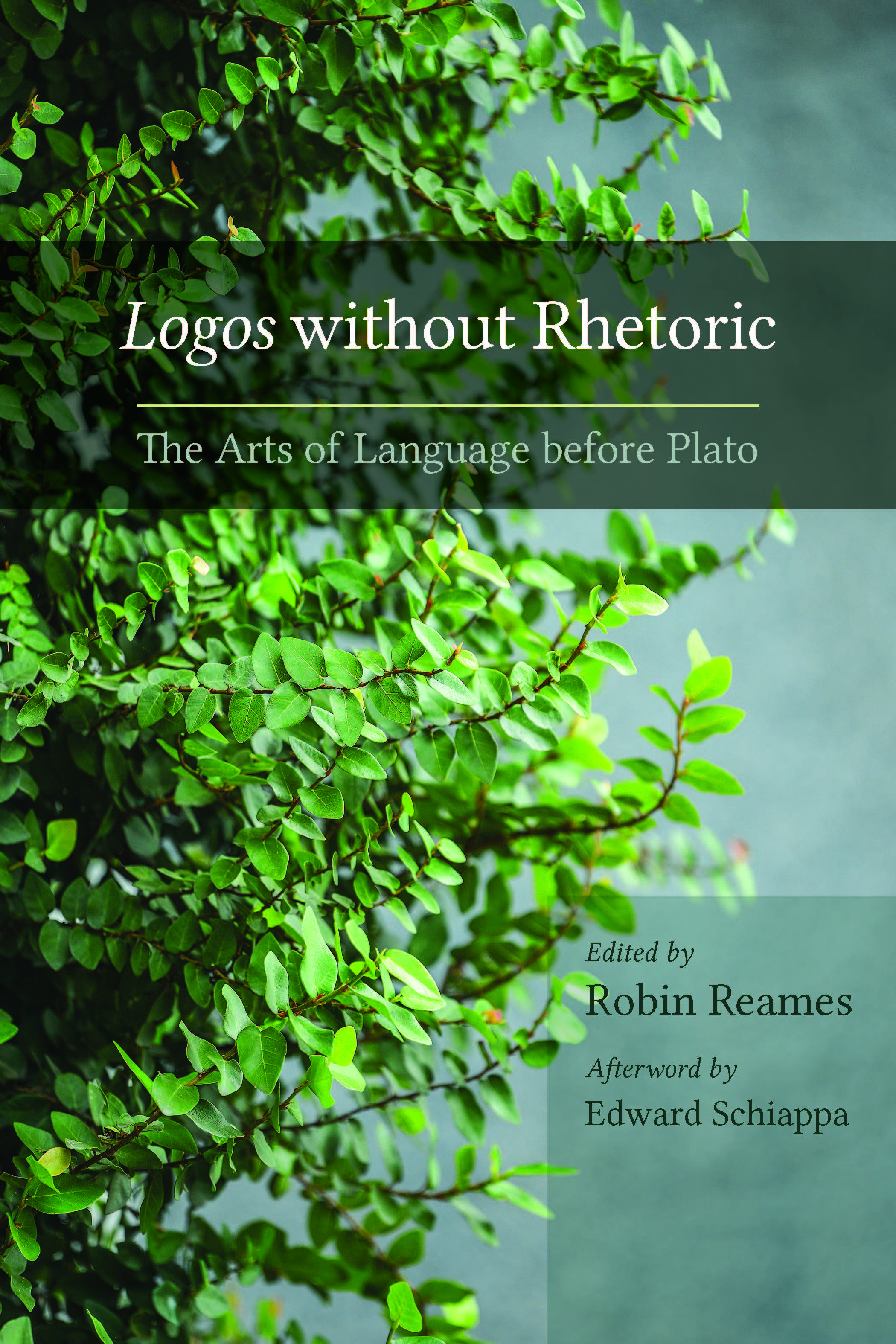Black History Month Sale: 40% off all books, plus FREE SHIPPING on all U.S. orders over $50 | Use code JBHM26

Size: 6 x 9
Pages: 208
Illustrations:
edited by Robin Reames
The inclusion of this book in the Open Carolina collection is made possible by the generous funding of
"This remarkably well-knit selection of essays highlights the multiplicity of perspectives on the art, practice, and understanding of logos before Plato and Aristotle. Reames revisits key assumptions of definition and historiography, reaching back to a logos resistant to disciplinary descriptions in which the usual dichotomies give way to a nuanced appreciation of ancient Greek thought on language."—Vessela Valiavitcharska, University of Maryland, College Park
"This engaging mélange of well-documented viewpoints offers a valuable treasure-house of ideas about the primordial ancient period before rhetoric began to define itself in Plato and Aristotle."—James J. Murphy, University of California, Davis
"Thrilling. The essays in this volume contradict forcefully the common, but mistaken, belief that accounting for the early history of rhetoric is a completed project. The contributors open up whole new areas of investigation, while displaying rigorous command of their texts and methods."—Robert Sullivan, Ithaca College
"This volume brings to the fore figures too often placed in disciplinary bins considered distinct from or adjacent to rhetoric—philosophy and poetics. Reames's illuminating introduction lays out the field in precise and elegant terms, and the essays perform conceptual spadework necessary to lay bare rhetoric's entangled roots"—Debra Hawhee, Pennsylvania State University
"This collection of studies makes an important step toward a more accurate and meaningful understanding of rhetoric in the years, indeed centuries, before Plato... the collection as a whole should serve as the touchstone for delineating with ever-greater nuance and power both the prehistory and proto-development of the linguistic, educational, and philosophical program we still know today for all its vagaries, imprecisions, and disputes, as rhetoric."—Rhetoric & Public Affairs
Copyright 2026
Website By Morweb.org